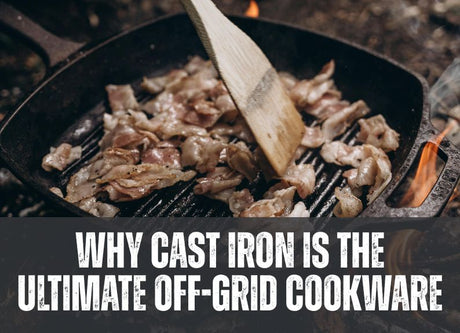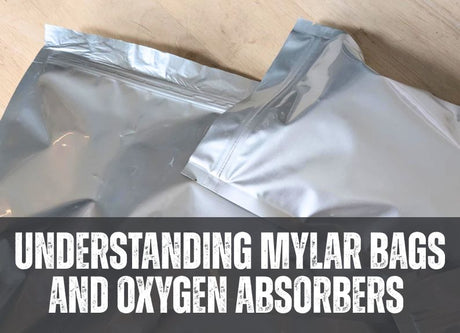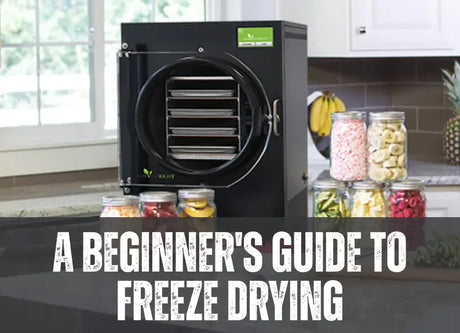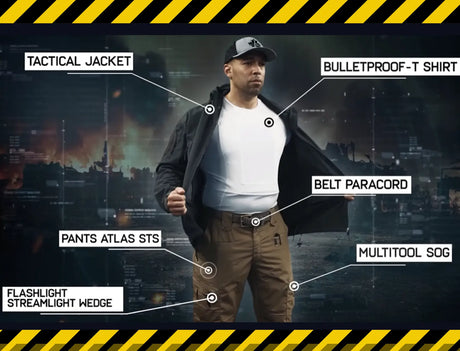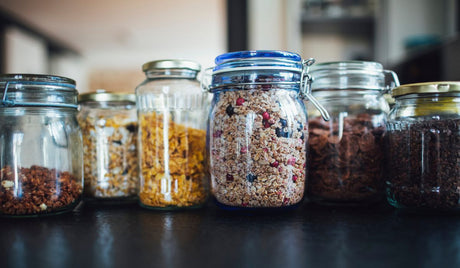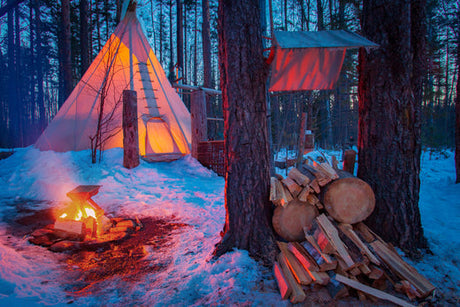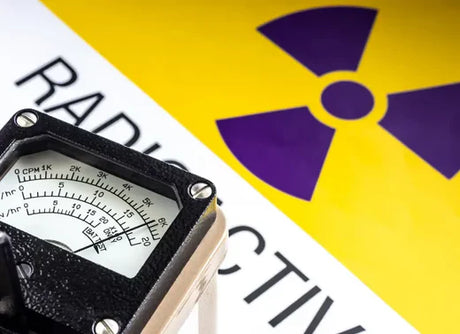The fact is, everyone should be a prepper. Take a look at everything you have, and ask yourself if you and your family could survive without heat, running water, or electricity without adding anything. How fast can you collect materials you might need, and could you find them in your house in the dark, in the event of a flood, or when being evacuated? These scenarios highlight the need for you to be fully prepared for emergencies. If there is a tornado, do you want to be in the kitchen junk drawer trying to find batteries? This blog is going to run through the basic necessities of a survival kit for your home.
Surviving in an emergency requires planning!

Your family should ensure that they take time to develop, memorize, and understand your emergency plan. We recommend that you follow these simple steps to start:
-
Know your region and its risks
While emergency outcomes can be similar regardless of where you live, you must know your specific area well. For example, in Saskatchewan, we often experience freezing temperatures for most of the year; in this case, it is necessary to understand the risks of freezing temperatures and prepare for them.
-
Make a plan for you and your family to follow.
If your kids come home from school, and you aren’t there yet, will they know what steps to take to ensure their safety in the event of a disaster or emergency? It is essential to inform them of what to do, whom to call, and how to stay calm. You can download the preparedness guide here, which will help you start this process.
-
Make an emergency kit.
Having an emergency kit can save your life. This blog will run through a home emergency kit basics and why you must make one today. Store your prepared gear in an easily accessible place, and ensure that everyone in your family knows where to find it and what is in it.
A home emergency kit is a necessary part of your emergency plan.

We often take things like heat and water for granted because they are an everyday part of our lives. However, there are several instances where these can be unreliable; outages, contaminated water, inclement weather, or drought are all possibilities and can happen to anyone. Even if you are not planning to bug out, having an emergency kit in your home should be considered essential. The golden rule: every home emergency kit should be able to keep you and your family going for a minimum of 72 hours. We recommend packing yours in something easy to carry, whether in a large duffle bag or plastic container so that you can grab it quickly in the event of a natural disaster or evacuation. Further, you should always ensure that food, matches, and fuel are appropriately packed to prevent cross-contamination and spoilage.
10 essential items to have in your home emergency kit:
-
Food
We recommend either preparing and storing your food in mylar bags or having a food store. With our Happy Yak or Peak 2 meals, simply pour hot water directly into the mylar bags and enjoy the taste of delicious home-cooked dinners ––no matter where you find yourself. The benefit of mylar is that it is an excellent and lightweight way of storing food long term. Plus, many foods packed in mylar can last for 10-30 years and still taste fresh and retain their nutrients. We also recommend easy-to-pack vitamin and nutrient tablets for fast and effective hydration.
-
Flashlights / Lanterns
Always ensure you have multiple, easy to access light sources and batteries for an emergency, no matter how extreme. One of our favourite flashlights combines various necessities, including an AM/FM radio, and features both a solar panel and hand-crank, meaning you can fumble less and pack better. Check out the Kaito KA288 flashlight.
-
Personal hygiene
We think this is an overlooked and crucial part of your survival kit. Our toilet paper tablets are a compact and essential part of your family's survival kit. Soap is vital for cleaning, a necessary part of maintaining safety and sanitation in an environment where medicine and healthcare are non-existent.
-
Identification and important information
Keeping your family's health records, passports, and birth certificates in one easy-to-access place is something many people do not think about. In an event such as a natural disaster, having these in an easy-to-access, waterproof bag will make it easier for you to get out fast and not forget anything.
-
Water
Having a store of water ahead of a disaster or the ability to filter water quickly and effectively is something that many people don't consider in a world where we often take water for granted. We have several options for water filtration and storage that can meet your needs no matter the scenario.
-
Blankets
Warm clothing, additional layers, and blankets are a bulky but necessary part of your bug-out bag. We recommend that you choose lightweight and practical items such as mylar blankets, synthetic or wool base layers, and warm but straightforward winter gear.
-
Fire and Fuel
Fire is one of your most essential tools in any survival situation. Always ensure you have matches and lighters in waterproof containers, as well as fire starters, fuel, and candles. Candles provide a lot more warmth and light than you assume, and they are going to be a necessary part of your survival gear as well.
-
Tools
Have a basic selection of tools on hand, a saw, knife, and axe are the perfect foundational trio. Not only can these be useful in outdoor scenarios, but indoor as well. We have several excellent options for you to choose from, as well as replacement blades, sharpening stones, and cases.
-
First aid kit
The size of the first aid kit you choose can depend on your family's size, but we always recommend planning for the worst. Whether a small bag option or full duffle, our kits are equipped with everything you need to keep your family safe. Our kits include splits, bandages, and some even feature guidebooks, like the Comprehensive Guide to Wilderness & Travel Medicine by Eric A. Weiss, M.D., for in-depth assistance in an emergency.
-
Generator or solar panel
A small generator or solar panel roll can power multiple devices, such as a phone, USB lighter, radio, GPS, flashlight, or satellite phone. We rely on power, but even where it is consistent, it can still fail.
With a little preparation, you are ready for anything.
 Be prepared for any challenge you may face by being prepared for any kind of emergency. Protect yourself and your family by ensuring you have everything you need to survive a disaster. Head to our website to build your kit, and watch our Youtube channel for more information on how to prepare for emergencies.
Be prepared for any challenge you may face by being prepared for any kind of emergency. Protect yourself and your family by ensuring you have everything you need to survive a disaster. Head to our website to build your kit, and watch our Youtube channel for more information on how to prepare for emergencies.


